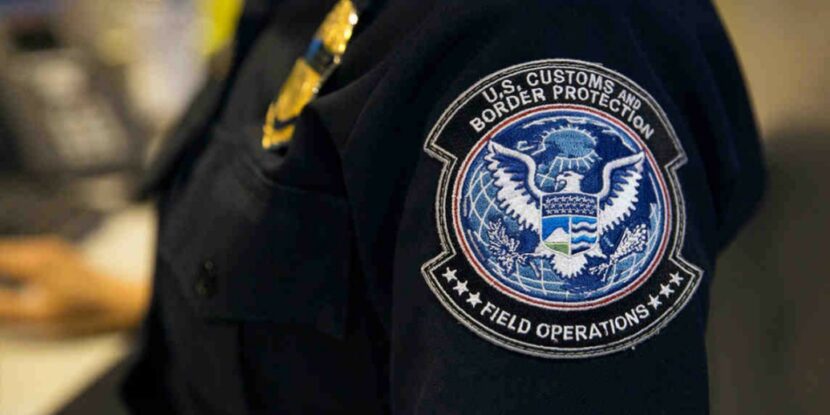❓WHAT HAPPENED: U.S. Customs and Border Protection officers in Philadelphia seized cocaine and methamphetamine hidden inside a children’s board game, “5 Second Rule, Jr,” on July 30. The drugs were concealed under a bag of cat food within the game box and were en route to London after being marked “return to sender.”
👤WHO WAS INVOLVED: U.S. Customs and Border Protection (CBP)
📍WHEN & WHERE: Area Port of Philadelphia, July 30, 2025
💬KEY QUOTE: “This seizure… illustrates how Customs and Border Protection officers expertly leverage our export enforcement mission to combat drug trafficking organizations,” said Cleatus P. Hunt, Jr., Area Port Director in Philadelphia.
🎯IMPACT: CBP officers and agents seize an average of 1,571 pounds of drugs daily across U.S. ports of entry.
U.S. Customs and Border Protection (CBP) intercepted cocaine and methamphetamine inside a children’s game in Philadelphia on July 30. Officers examined the package disguised as a board game and discovered a zip-lock bag and a vacuum-sealed bag under a bag of cat food inside a box for the “5 Second Rule, Jr.” game, which is marketed to children ages six and up.
According to CBP, the zip-lock bag contained 515 grams of cocaine, while the vacuum-sealed bag contained 186.9 grams of methamphetamine pills. The package was shipped from Atlanta, Georgia, to London after being posted as a return to sender—suggesting the potential for a foreign drug smuggling operation based out of the United Kingdom, possibly utilizing board games or children’s toys to conceal illicit substances.
However, CBP also notes that “drug trafficking organizations may swap the parcel’s contents and post it returned to sender, creating the illusion of the parcel being misaddressed.” Parcels may be returned to the sender if they are undeliverable to the address, such as when the address is incorrect or nonexistent, or not accepted by the resident of that address.
“This seizure of dangerous drugs illustrates how Customs and Border Protection officers expertly leverage our export enforcement mission to combat drug trafficking organizations,” said Cleatus P. Hunt, Jr., Area Port Director for CBP’s Area Port of Philadelphia., adding: “CBP officers remain committed to searching for and seizing similar export and import shipments to deprive criminal organizations of their poisonous products or illicit revenue.”
On average, CBP officers and agents seize 1,571 pounds of drugs daily at U.S ports of entry.
Join Pulse+ to comment below, and receive exclusive e-mail analyses.



















